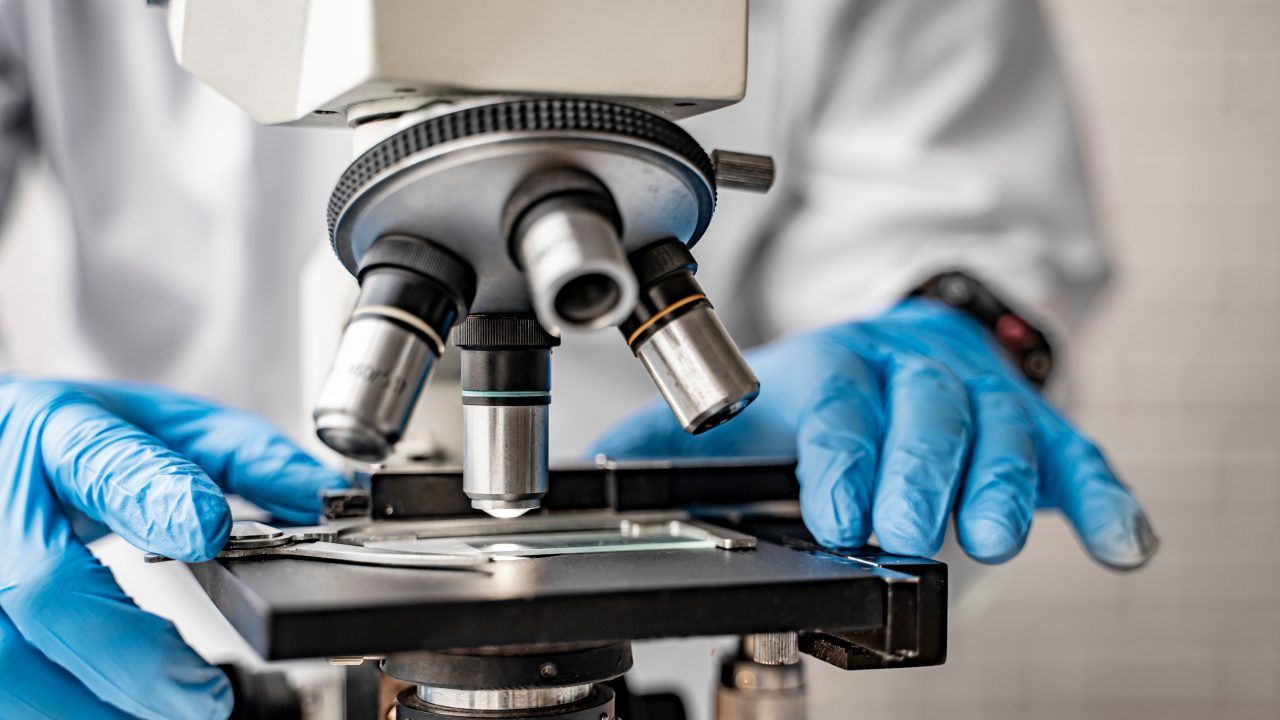Researchers from the University of Glasgow have joined global efforts to tackle a neglected tropical disease which affects millions worldwide.
The £8.1m DRIVERS project, funded by Wellcome, brings together scientists and health experts from Cameroon, Côte d’Ivoire, Malawi and the UK. The aim is to uncover why over two decades of mass drug administration has not stamped out the disease and to develop evidence-based strategies for more effective control.
Schistosomiasis is a parasitic disease affecting more than 240 million people worldwide, with the majority living in sub-Saharan Africa.
It spreads in areas where clean water and sanitation are scarce, forcing people to rely on infected water for everyday use. The disease can cause anaemia, stunted growth and impaired learning in children, while long-term infections can lead to organ damage, cancer, infertility and chronic pain.
Professor Poppy Lamberton, study lead from the University of Glasgow, said: “I am excited to be working with global experts to really tease out why drug treatment is not effective in some people, and why certain communities continue to have such high transmission despite repeated mass drug treatments.
“Findings will be rapidly shared with other affected countries and colleagues at the World Health Organization, to provide evidence-based recommendations to help us move towards eliminating this debilitating disease as a public health problem.”
Professor Matt Berriman, University of Glasgow, co-investigator on the project, added: “A critical part of this research will focus on untangling the many factors linked to schistosomiasis treatment outcomes, in order to understand which ones are actually driving those outcomes. By doing this, we can move beyond simply observing patterns and start identifying the root causes.”

By collecting and analysing data from across Côte d’Ivoire and Malawi, the project hopes to refine estimates of the links between worm burden, parasite egg counts, and transmission dynamics, and identify the key drivers of reduced drug efficacy and rapid reinfection.
The project then aims to use these to improve transmission models and better predict the impact of targeted treatment strategies in controlling the disease.
Professor Janelisa Musaya, Malawi Liverpool Wellcome Programme and Kamuzu University of Health Sciences, Malawi, co-lead on the project, said: “We are excited that through this project, we can begin to unravel the mystery of persistent schistosomiasis transmission and infection in hotspot areas.
“By generating evidence to inform prevention and control strategies, our involvement in this consortium makes a real contribution towards the Ministry of Health’s NTD strategy and efforts to eliminate schistosomiasis as a public health problem, in line with the WHO roadmap.”
Dr Jean Coulibaly, Centre Suisse de Recherches Scientifiques en Côte d’Ivoire, co-lead on the project, said: “In the past 15 years, I have been fascinated by the focal distribution of schistosomiasis, the persistence of transmission hotspots even after seven up to nine annual rounds of MDA in some locations and the non-response of some individuals to PZQ even after four separate doses, each two weeks apart.
“We have a unique opportunity to obtain scientifically rooted answers to all these knowledge gaps, giving hope to populations affected by schistosomiasis in Côte d’Ivoire and beyond and will help to refine the overall strategy of the NTDs control programme.”
Follow STV News on WhatsApp
Scan the QR code on your mobile device for all the latest news from around the country


 Adobe Stock
Adobe Stock























